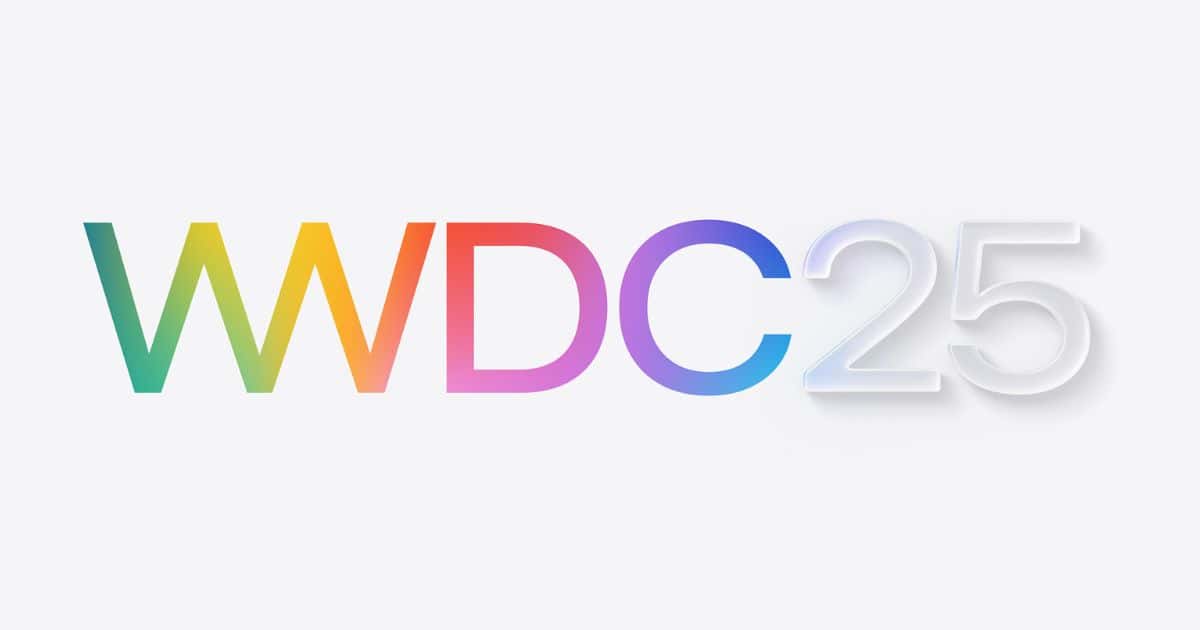Mark your calendars! Apple just confirmed that the Worldwide Developers Conference (WWDC25) will be held from June 9 to 13. Normally, only long-term Apple fans and app developers would get excited over this event. But this year might feel a little different. The past few months have been packed with rumors, leaks, and speculation—and now, we’re finally getting confirmation on what’s real and not. Here’s what to watch out for at the event.
1. New Siri
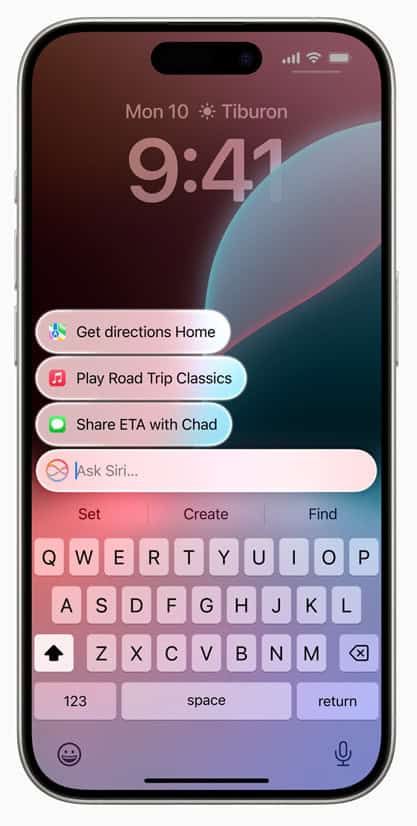
I think the biggest disappointment of the year for Apple is its delay with the new AI-improved Siri. Some reports say that we might not see it until 2026. Considering the feature was announced last summer of 2024, I think it’s fair to say that no one is happy about this news.
That said, all these timelines are purely speculation. At the risk of sounding like a fanboy, there’s still hope that Apple will give us the first look this year—or at least roll out a few features intermittently. For example, Apple could introduce a redesigned Siri interface before launching one that understands follow-up questions based on personal context.
2. More Apple Intelligence Features
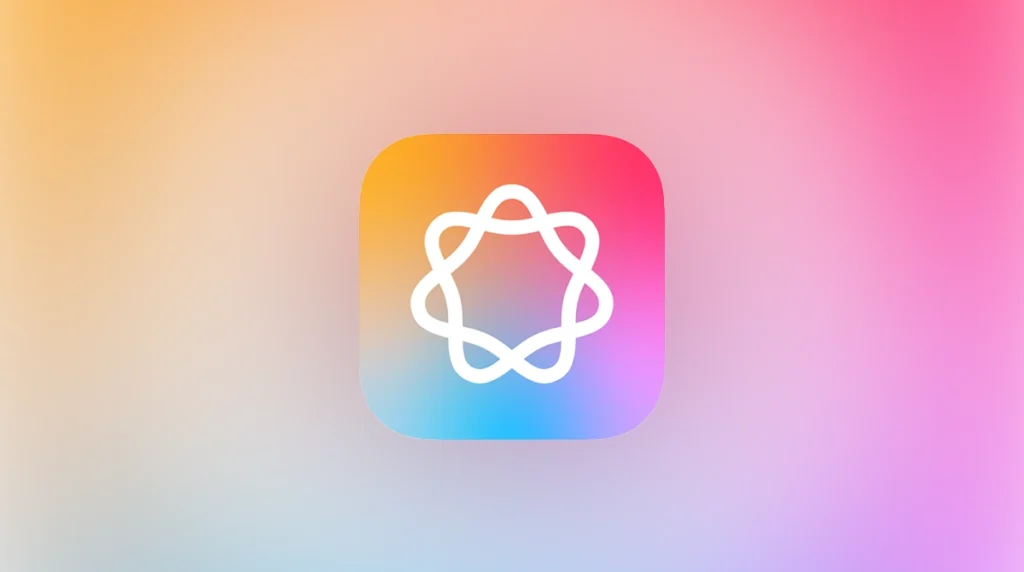
We’re also likely to see the next official wave of Apple Intelligence features. While it’s not as frustrating as the Siri delay, many of us (myself included) were underwhelmed by how slowly these features rolled out. It took nearly half a year for Image Playground to show up. Likewise, several other tools that were heavily marketed last year are still nowhere to be found.
What is certain, however, is that Apple Intelligence will continue to be tightly optimized for Apple’s latest chipsets. Realistically, if you’re not using at least a base-model iPhone 15 or newer, you probably won’t see much of an upgrade.
3. OS Updates (e.g., iOS 19 and macOS 16)
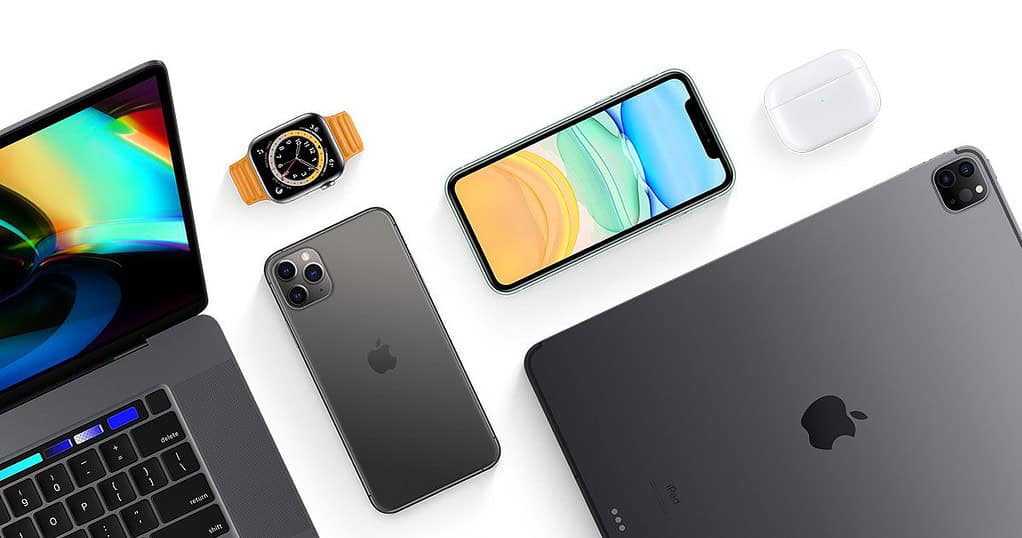
WWDC25 is Apple’s annual software showcase, so we can definitely expect previews of iOS 19, macOS 16, iPadOS 19, and more. iOS 19 in particular may lean heavily into AI-driven personalization. I’m hoping for features like smarter Focus suggestions or automatically organizing your photos based on nuanced facial expressions or context.
Don’t fret if the changes feel incremental at first glance. You should know by now that Apple saves highly anticipated enhancements for the keynote. This year’s OS lineup could set the foundation for a broader AI ecosystem—one where Apple Intelligence works more efficiently with the OSes.
4. Apple Silicon AI APIs
With Apple pushing into generative AI, WWDC25 might spotlight new developer APIs built for Apple Silicon. They could help apps tap into the Neural Engine for faster on-device inference, voice generation, or image processing without relying on cloud-based models.
An example might be a photo editing app that uses Apple’s new APIs to upscale or clean images entirely offline. Developers can help accelerate mass adoption through better integration. If introduced, these APIs would be key to making Apple Intelligence something more than just a novelty feature.
5. Cloud-to-Device Integration Frameworks
One area to watch is how Apple bridges cloud and device intelligence. While Apple champions on-device AI, complex queries and large models often need cloud resources. WWDC25 could introduce a framework that helps developers build apps that fluidly shift between local and cloud-based computation depending on the task.
Imagine a translation app that does basic phrases on-device but offloads paragraphs to a secure Apple server that syncs results instantly. If Apple wants to compete with AI-first platforms, a seamless hybrid approach might be the right move.
6. Smarter HomeKit + Matter Features
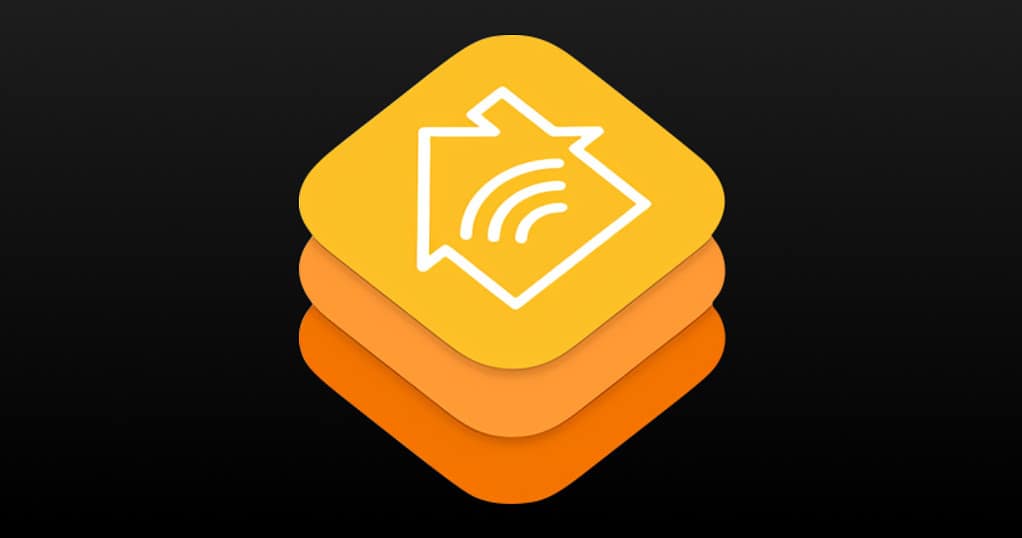
HomeKit could finally get some AI love this year too. With Apple Intelligence gaining momentum, WWDC might be where Apple introduces smarter automation, e.g., routines triggered by context rather than just time or location. For instance, your smart lights could adjust based on the calendar event you’re heading to, or your door lock could suggest letting in a trusted contact based on your Messages history.
Apple may also expand its support for Matter, the cross-platform smart home standard. More device categories, tighter Siri integration, and AI-enhanced automation tools could all be on the table. If Apple wants to keep HomeKit relevant, giving developers new tools at WWDC would be the way to go.
Again, I want to emphasize that everything we have right now is based on pure speculation. Take everything online with a grain of salt. It’s important to keep an open mind as we approach the WWDC25—with Apple, you never know what’s coming. In the meantime, you can revisit some of our biggest hopes for Apple this 2025.
